-
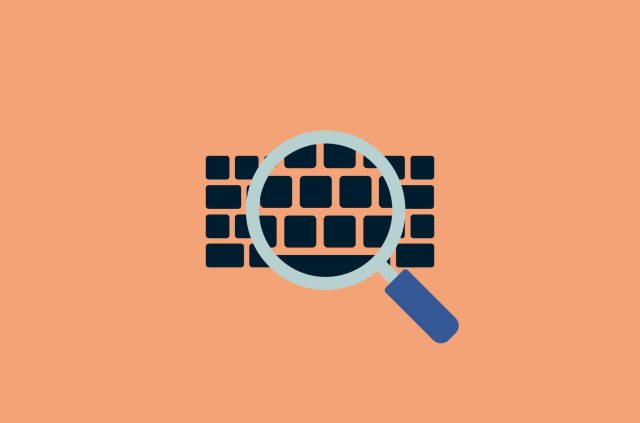
To log in, just type. How typing biometrics makes life easier
The way you type is just about as distinctive as a fingerprint or retina pattern, and the simple act of typing might soon become more common as a way to authenticate your identity. The main applicati...
-
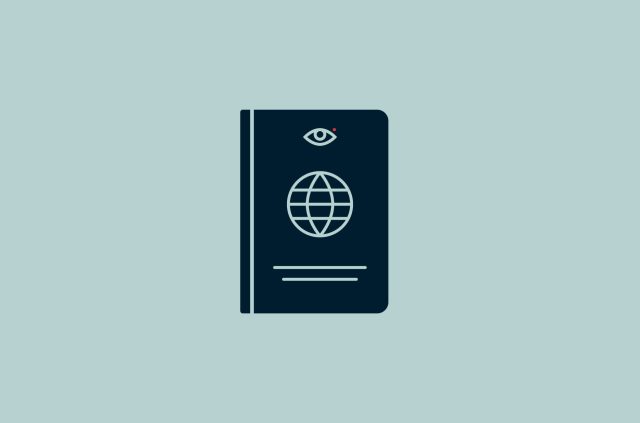
Tests, shots, apps: The invasive new world of travel
Amid still-high numbers of Covid-19 cases in some countries and uneven vaccination rollouts around the world, talk about travel and upcoming summer getaways has started to hit fever pitch. The UK is m...
-
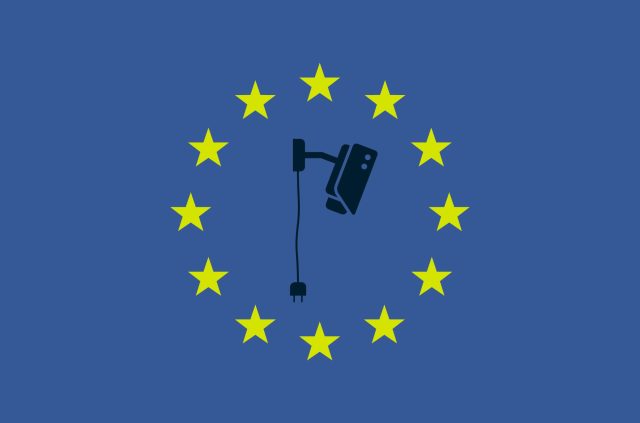
The EU is closer to banning AI mass surveillance
What’s worse than mass surveillance? That’s surveillance that uses facial-recognition tech. And the EU has taken the first step to ensure it doesn’t become the new standard for policing. In a ne...
-

Is a kid-friendly Instagram possible?
Update: In September 2021, Instagram announced that it would put the development of Instagram Kids on pause as it worked with parents, experts, and policymakers "to demonstrate the value and importanc...
-

Google’s tracking cookies are going away. Is that good?
Update: Google has since scrapped FLoC and replaced it with Topics, a system that attempts to ascertain categories of a user's interests. In March, Google signaled its intentions to phase out third-pa...
-
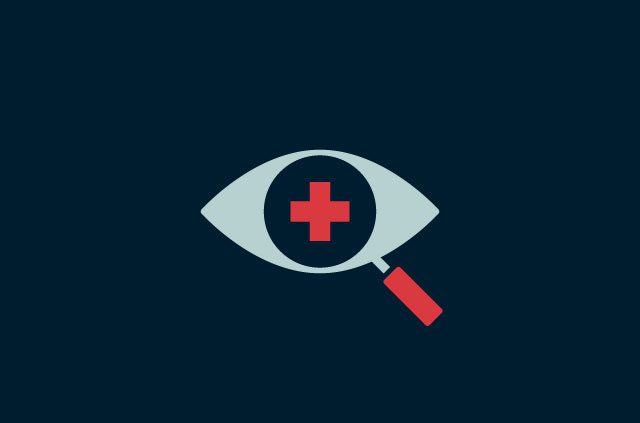
We’re at the dawn of medical surveillance
The past year has been dominated by the consequences of a new coronavirus that has spread rapidly to every corner of the globe. New legislation and emergency regulations have allowed nearly every coun...
-
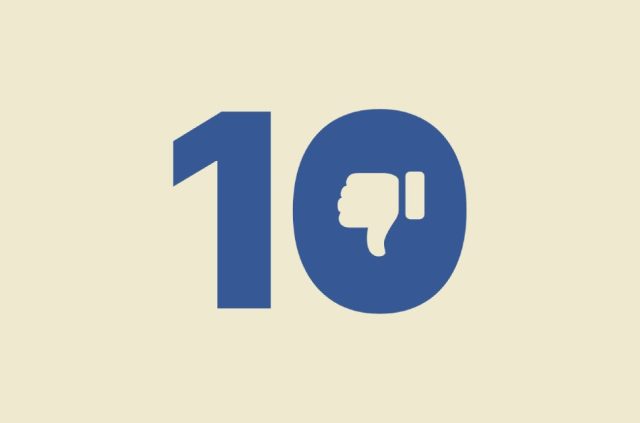
10 times Facebook violated your privacy
Another day, another Facebook leak. What are the odds? This time, it seems that personal information for just over half a billion users has leaked online. That’s more than the combined populations o...
-
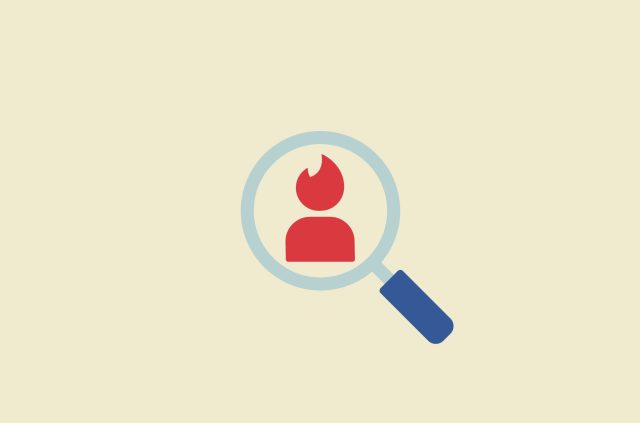
Tinder will soon offer background checks on your matches
This post was originally published on March 31, 2021. The greatest risk of dating through apps is that you often find yourself meeting up in person with a complete stranger—someone who could have a ...
-
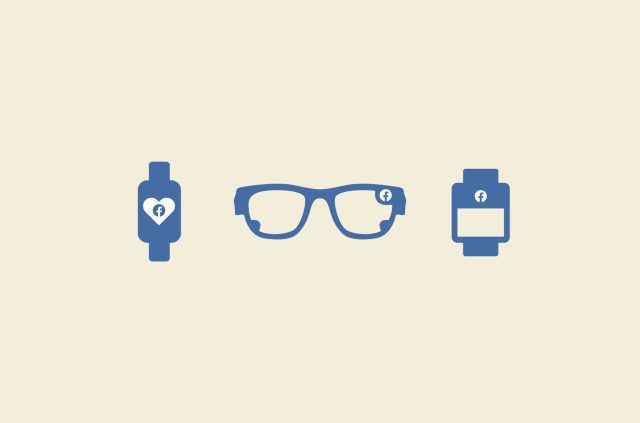
Facebook wearables are coming. Would you want them?
Facebook made almost 85 billion USD in 2020 selling ads across its platforms, but it appears that the company wants to diversify its revenue streams further. Given that ad sales constitute approximate...
-

What does Big Tech know about you? Find out
By now, we’re all aware that Big Tech companies not only provide services like social media and internet searches, but they also obsessively track your data for big profits. So what exactly do big...
Privacy news




